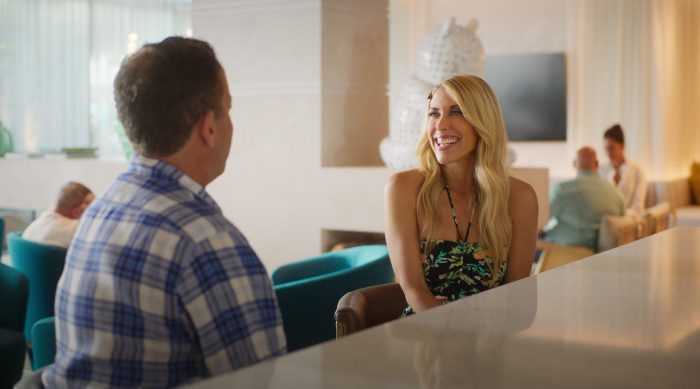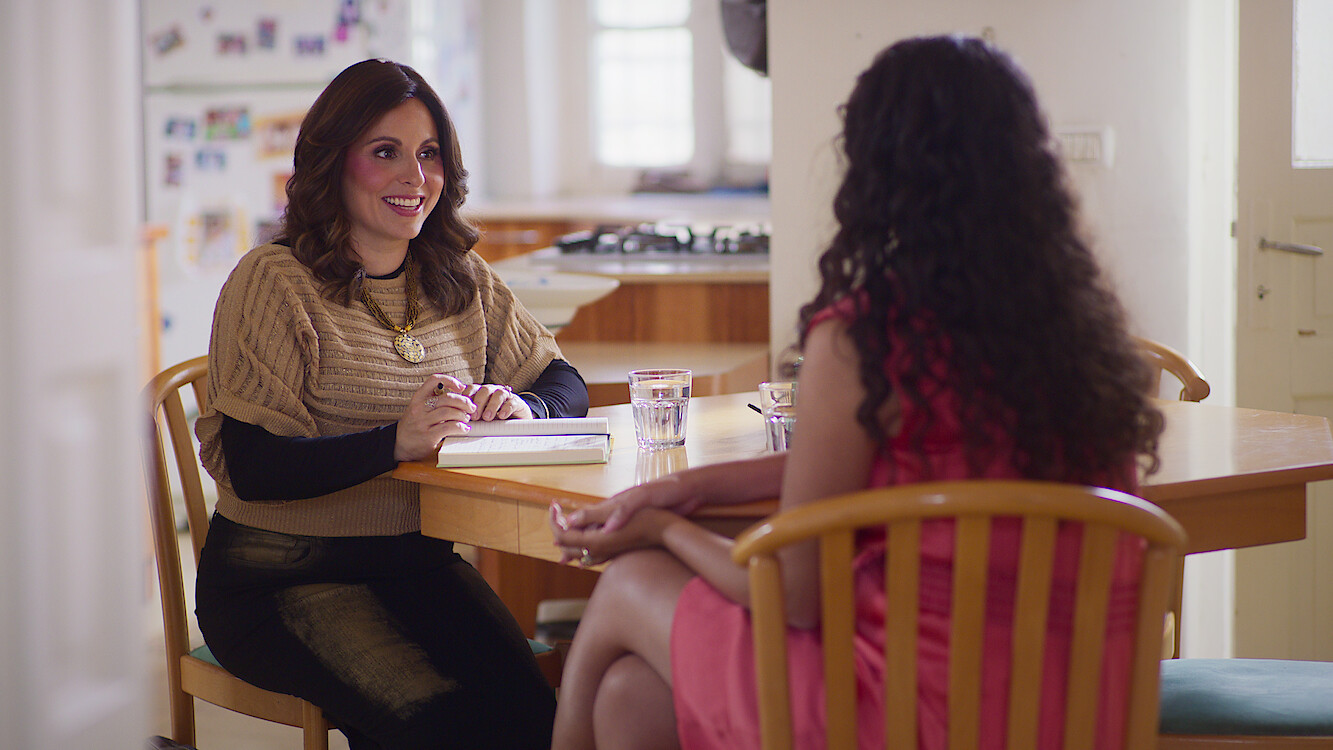Whether it be trashy UK classics like Take Me Out and Dinner Date or more recent Netflix releases like Love on the Spectrum, I’m somewhat of a dating show connoisseur.
Naturally, when I saw The Jewish Matchmaker, I knew I had to watch it.
From the producers of Indian Matchmaking, this show was like First Dates with a sprinkling of Love is Blind, all with the addition of the traditional practice of shidduchim.
The premise is quite simple, single men and women in the US and Israel come to Jewish matchmaker, Aleeza Ben Shalom, to find their perfect partner.
Aleeza prides herself on getting 200 couples to the altar, as well as having a successful marriage of 20 years and five kids. She describes her work as the “hardest job in the world” with a matchmaking mantra of “if in doubt, go out”.
The single men and women all come from different levels of religious observance and backgrounds, with some following shomer negiah (not touching the opposite sex before marriage), and others adopting more “flexidox” beliefs.
Aleeza takes note of what they are looking for in a partner and pairs them up with who she believes is the right person. The couple then go on a date and report back to her. If it’s not right, they reevaluate and go back to the drawing board.

It was really insightful to see a series dedicated solely to Jewish dating, and I loved the fact that we got to see other successful couples who met through matchmaking and had remained together for many years. The show also featured couples of a variety of ages and comfort levels, depicting a realistic representation of Jewish dating.
Just like any dating show, this series had good bits and bad bits. The matchmaking has mixed results. Some of the matches seemed very well paired, while others were difficult to watch and clearly didn’t belong together. There was one instance where a client asks Aleeza for a man under 33 with hair and is matched with a bald 38-year-old.
The show explains Jewish practices so as to not exclude mainstream viewers, without losing its Jewish focus. However, there were moments that I thought could have been more informative, such as a mention of one woman from Kansas City growing up Reform, without explaining what this means. Hebrew words are also not translated for the most part, which meant I had to keep pausing and googling what they meant.
One thing that did stand out to me was the lack of queer representation in the show. I would love to see more LGBTQ+ representation in the next series, as well as the show elaborating more on Jewish customs and practices.
Jewish Matchmaking is available to stream on Netflix.
